MUSIC IN THE EARLY CHURCH: Sing a New Song
by David Bergquist
In Ephesians Chapter 5 St. Paul writes: “…but be filled with the Spirit, as you sing psalms and hymns and spiritual songs among yourselves, singing and making melody to the Lord in your hearts…”. As in the many ways our Liturgy of today is indebted to the Early Church, the singing and hymnody (the singing or the composition of hymns or religious songs) of our weekly worship is no different. The Early Church’s experience with singing, while musically somewhat different from ours (we use musical instruments, they did not), was an important component of their worship life; and it conveyed the truths of their faith, theology, and spiritual ascetic, just as our music and singing today does. Take for example the words of an Early Church hymn by St. Ignatius of Antioch written in the 1st century:
Very flesh, yet Spirit too;
Uncreated, and yet born;
God-and-Man in One agreed;
Very-Life-in-Death indeed;
Fruit of God and Mary’s seed;
At once impassable and torn
By pain and suffering here below;
Jesus Christ, whom as our Lord we know.
It is difficult not to see in the words of this hymn the tenets of our faith we know to be the Trinity, Christ’s Divinity, and Salvation. The acknowledgement of St. Mary is also significant, given the very early date of the hymn’s composition.
The role of music and singing in the Liturgy of the Church is a huge subject, and consequently other Insights into its evolution will be covered on other occasions. The focus here will be just the Early Church. Scholarly research has determined that the influence of the Jewish synagogue worship tradition of psalmody on the use of singing in the Early Church was much less than originally thought; nevertheless remnants such as the Amen, the alleluia, and sanctus remain. Also, there is particularly noteworthy reference to the Jewish singing worship tradition in the Gospel according to St. Matthew (26:30) pertaining to the Last Supper: “When they had sung the hymn, they went out to the Mount of Olives.” Startling to consider, if you will, our Lord Jesus Christ leading his disciples in a hymn just before going to out to face his betrayal and arrest. But more to the point, our Lord Jesus Christ, with his disciples, enacted and observed the Last Supper as a worshipful and hence liturgical event; and it has come to be the most worshipful event of our Liturgy and faith, the Eucharist; and it included singing.
It was in the third century that singing elements first appear as part of the Liturgy; and it was the Early Church in the East that led the way with antiphonal psalmody. Antiphonal is defined as two groups (or a cantor) singing alternate musical phrases. In other words, we at St. Mary’s, antiphonally sing the psalm at the 10:00 am & 5:00 pm Eucharists in like manner as the Early Church in the eastern regions of the Mediterranean. St. Ambrose introduced this practice to the Church in the West in the year 386. It has been with us ever since, as found in monastic settings, in cathedrals, and in the local parish; still embodying the rich spiritual ascetic as it has for hundreds of years.
Why is this important and meaningful? Where to begin? Singing has been part of the worship life of the Body of Christ, the Church, from the very beginning and before (the psalms are essentially songs). Singing is referred to at the Last Supper (Jesus sang!). St. Paul encourages the the Church at Ephesus to sing, knowing they already do. Saints of the Early Church composed songs for worship, poetically proclaiming the truths of our faith. Soon singing was part of the Liturgy throughout the Early Church; and we too are drawn into a closer relationship with God when we lift our voices and are filled with the Spirit. Whether blessed with a good singing voice or not; whether able to read music or not; be encouraged, like the Ephesians, and eagerly join with the chorus with a robust AMEN!

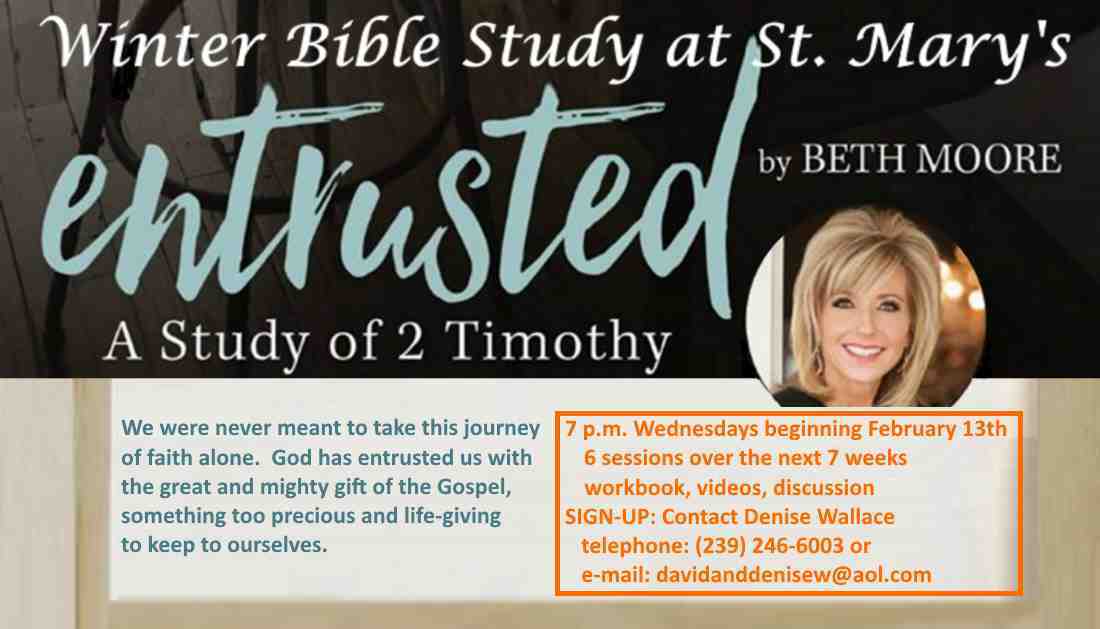
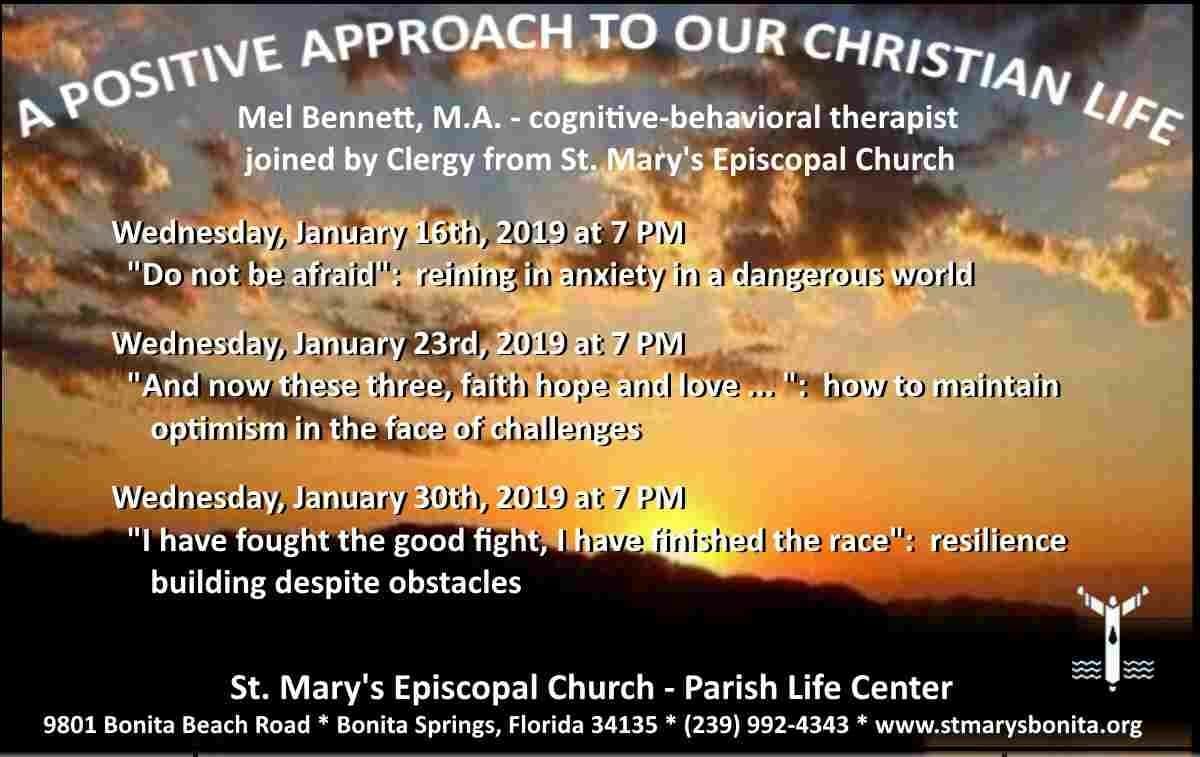
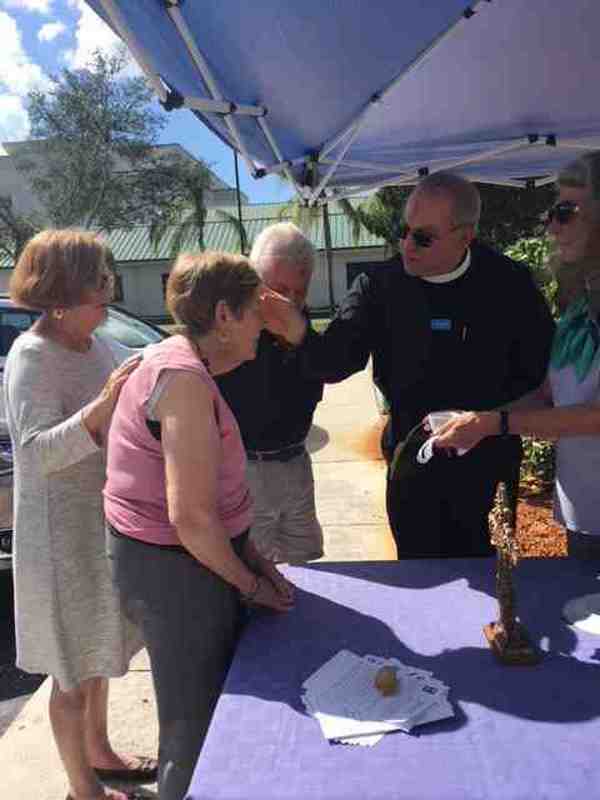
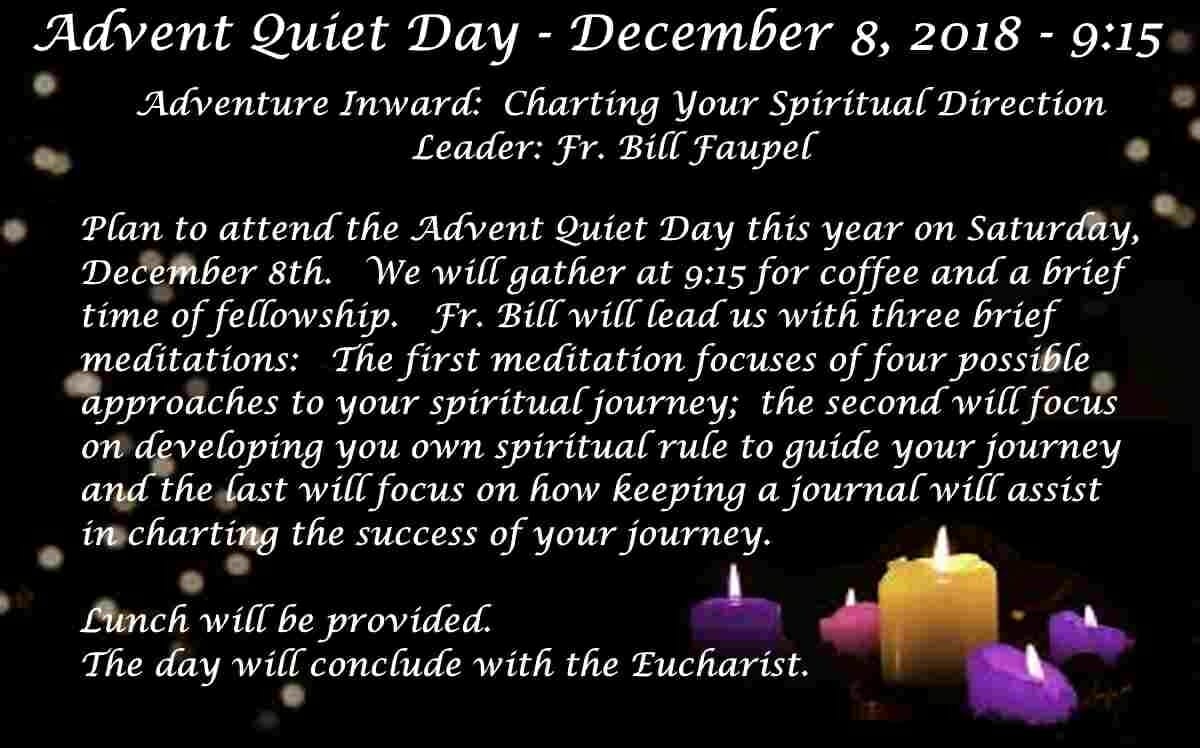
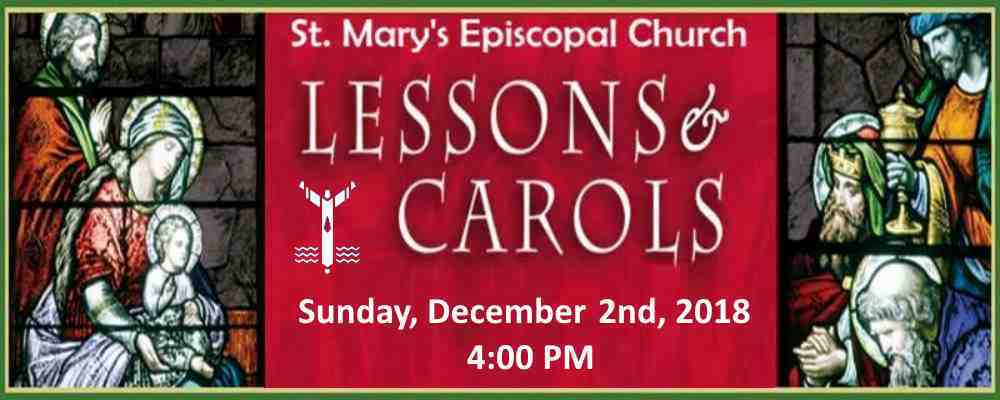
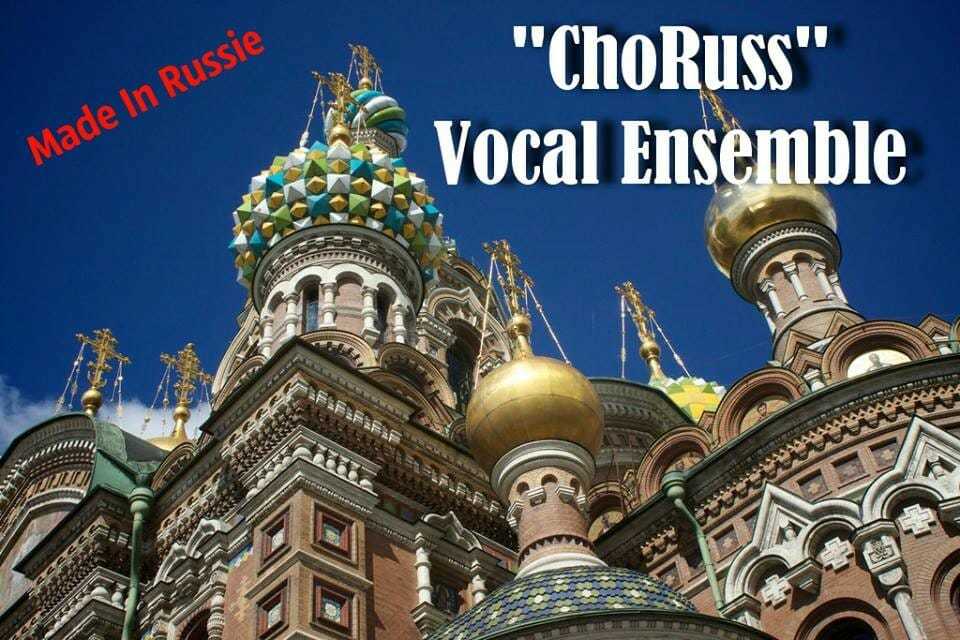
Thank you, Dave! Let Everything that has breath Praise the Lord!